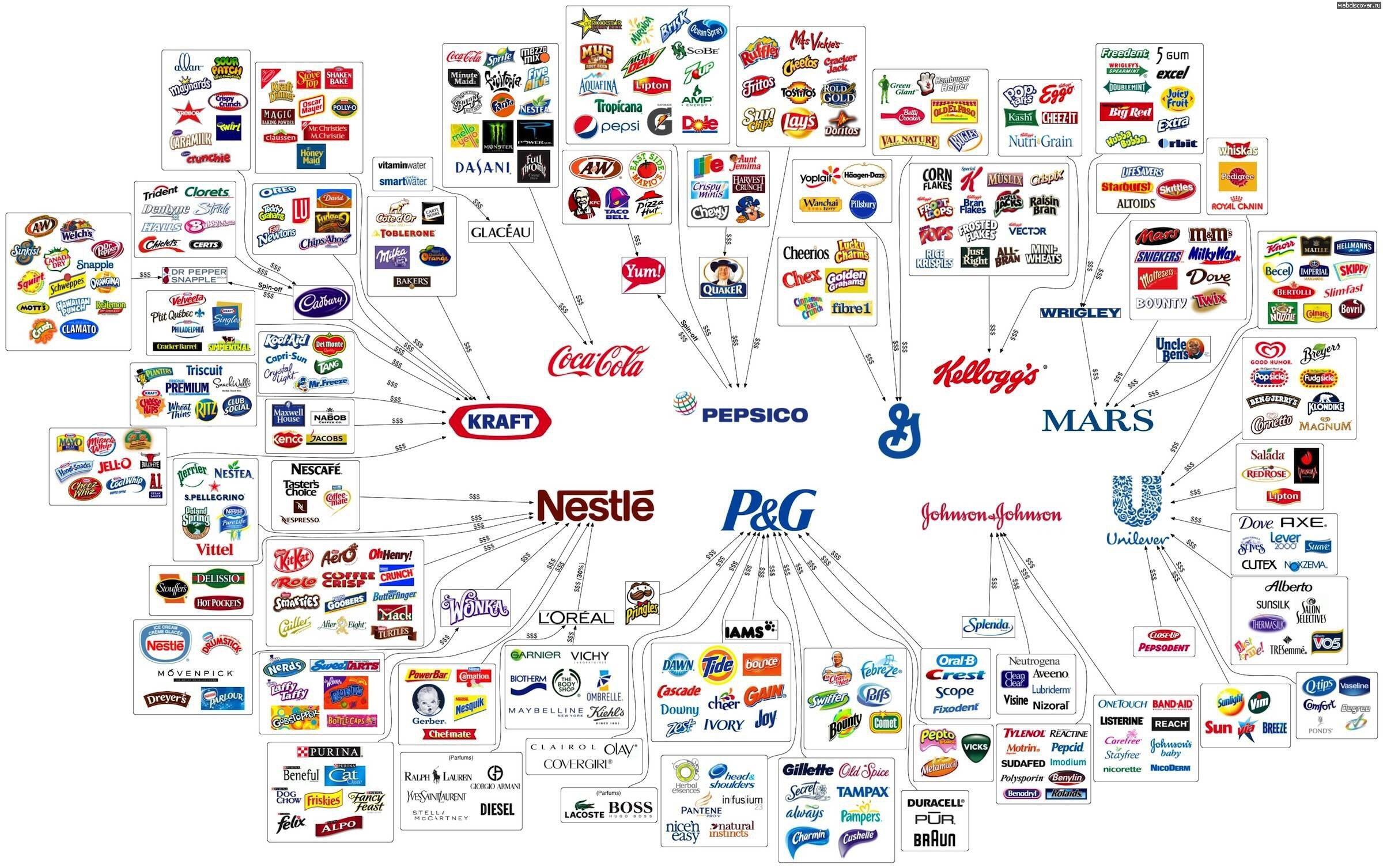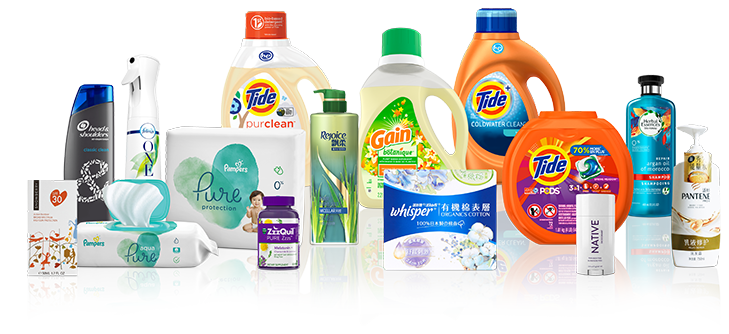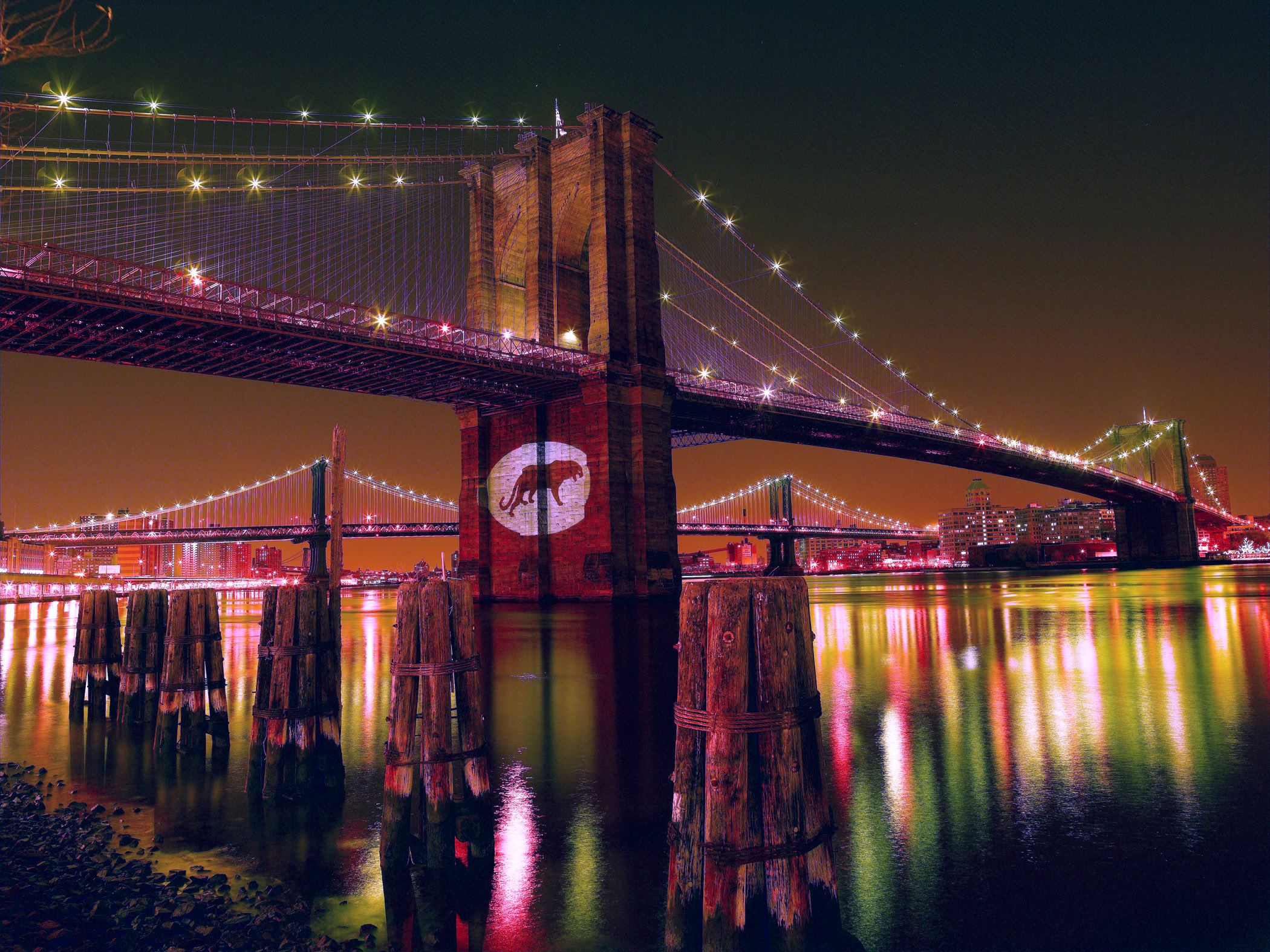At RAN we often hear the question, “Which products should I buy?” and “How can I shop ethically?” It’s a valid concern that reflects a deep desire to do right by the planet and each other. But, while avoiding certain products can be a potent form of resistance, this approach only touches the outermost layer of a much deeper, systemic issue. In fact, it doesn’t always have the impact we hope it will.
That’s because the real problem starts way before the lines of cookies and chips at the grocery store. There’s a darker, scarier history in the making of these products, pieced together in sprawling, murky networks of corporate control that pre-determine our very choices.

The massive array of brands we encounter at the store makes it seem like we have numerous options, but in reality, our choices are tightly defined by the companies. When you reach for a product, whether it be a bar of chocolate, a bottle of shampoo, or a packet of cookies, you’re most likely choosing between brands owned by the likes of Procter & Gamble, Nestlé, and Mondelēz. These giants manipulate consumer choices and obscure the grim realities behind their supply chains, which are rife with exploitation and environmental degradation.
Take for example, Procter & Gamble, the maker of Tide, Head and Shoulders, Charmin. For years, P&G has claimed to care about the environment and human rights while at the same time funneling money into human rights violations and rainforest destruction. The name brand refuses to end damaging relationships with palm oil producers known for their community land theft and illegal deforestation in Sumatra’s Rawa Singkil Wildlife Reserve.

These megacorporations dominate vast sectors of the market—and their impact stretches globally, from Indonesian rainforests to our local grocery stores. They are the driving forces behind the deforestation of critical rainforests. Every year, thousands of acres are lost to monoculture crops like soy, cocoa, and palm oil palm oil, a common ingredient in countless everyday products. The devastation of these rainforests not only disrupts ecosystems but threatens the livelihoods of Indigenous communities who have deep ancestral ties to these lands.
Capitalism, by design, is an engine and it rewards efficiency. Make a product faster, make it cheaper, and you can reap the rewards. This encourages companies to transform natural resources into short-term profits. And those companies respond to our consumer decisions in clever ways.
Skilled at greenwashing, these companies have mastered the art of repackaging their products to appear eco-friendly. They slap on a beige box or add a leaf or an obscure acronym to their packaging, while at the same time being complicit with harmful practices in their supply chains. They’re not shifting towards genuine sustainability; they’re simply remarketing themselves as earth-conscious by offering limited products to capitalize on the growing demand for environmentally conscious products.
These companies charge a premium for these so-called “sustainable” products, taking advantage of well-meaning consumers who are trying to make ethical choices. While you and I are trying to make a difference, companies are racking up obscene profits by making us pay more for products that are still entrenched in human rights abuses and ecological injustice.
So, how can we, as consumers, make impactful choices when we’re trapped in these vast, intricate systems designed to deceive and exploit?
The truth is, we can’t buy our way out of environmental destruction and oppression. Boycotts and other consumer-based tactics can only create real change when they’re part of a larger, targeted pressure campaign.
While boycotting can certainly signal our discontent, it often falls short as a strategy for achieving deep systemic change. We’ve been led to believe that our purchasing decisions are the solution, but true change requires more than just changing our shopping habits. To build genuine people power, we must engage in the collective work of organizing—mobilizing communities, challenging oppressive systems, and creating a culture focused on both dismantling the structures that uphold injustice and building something new and better in their place. The struggles for social justice and environmental sustainability are not separate; they are interconnected threads in the broader fight for collective liberation.
Blaming individual consumers for environmental degradation is a smokescreen that distracts us from the collective action we desperately need to tackle systemic issues.
Forgetting a reusable bag or buying the “wrong” product doesn’t make someone the enemy. The true culprits are the billionaires and corporations funneling billions into fossil fuels, decimating forests for palm oil, and relentlessly putting profit over people and the planet. Those in power bank on our mistrust of one another—that’s their playbook. Let’s not hand them that victory. Shame won’t propel us forward. Instead of judging ourselves and our communities for not flawlessly navigating capitalism’s rigged game, let’s unite to hold these destructive corporations accountable for fueling the climate crisis.
At Rainforest Action Network, we believe that “doing our part” involves something much more profound and collectively powerful. It means joining forces to challenge and change the frameworks that contribute to environmental and social injustices. It means fostering a culture where laser-focused on systemic change—pushing for stronger environmental regulations, demanding corporate transparency and accountability, and policies that safeguard our planet and promote equity for everyone.

We need a just transition, a radical reshaping of our societies and economies that prioritizes both the health of our planet and the equity of its people. This means building systems where communities are empowered, where resources are shared equitably, and where those most affected by environmental and social injustices are given a leading voice in crafting solutions.
Let’s move the conversation from “What should I buy?” to “How can we change the system?” This shift in mindset turns us from individual consumers into activists, dedicated to creating systems where integrity, justice, and equity are embedded from the start. By addressing human rights abuses and environmental harm at the root, we can ensure that our choices reflect the values we all deserve to live by.
Join Our Movement for People and Planet













